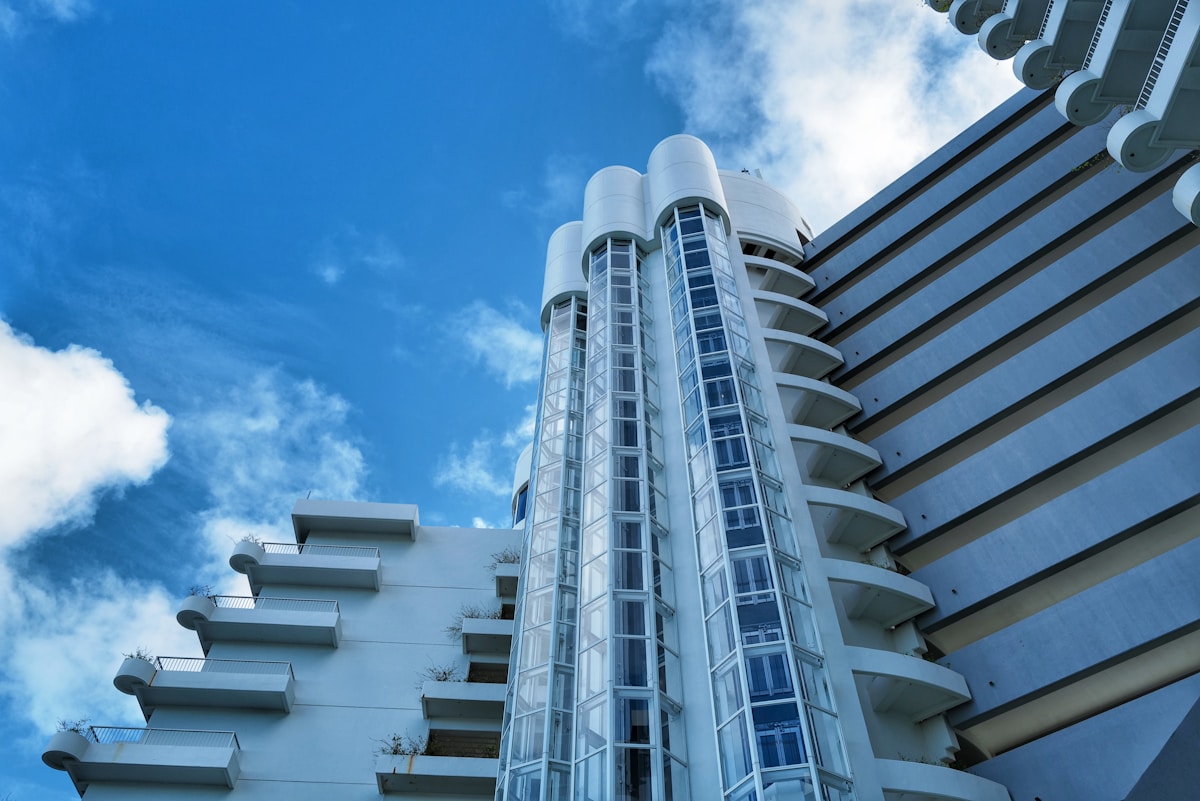
A condominium, called "condo" for short, is a privately claimed individual unit within a building of different units. Condo proprietors jointly own shared basic areas, for example, pools, garages, elevators, outside hallways, and exercise centers, to name a couple. While condos are typically found in high-rise buildings, you can find detached condos in certain markets. A mortgage holders association typically manages the regular areas and supervises the covenants, conditions, and restrictions (CC&Rs) that apply to the property," explains Holly Leonard, a real estate agent and proprietor of Haven Real Estate Brokers in Atlanta.
For many buyers, the answer to this question is simplicity. With most turns of events, you just have to take care of the interior. All the rest is handled by the professional management company. There's no lawn to slice or flowerbeds to maintain or driveways to be cleared of the day off. Condos are frequently cheaper both regarding purchase price and taxes, but at the same time, there's a community life that single-family homes regularly don't provide, including shared spaces and amenities, occasions, and more. It's significantly easier to take off and seek after travel or living seasonally in another area with the peace of mind of knowing that once you lock the entryway, everything will be taken care of. Structurally, condos and apartments appear to be identical and individuals regularly confound the two. In any case, the difference between a condo and an apartment is ownership. You own a condo and you lease an apartment. In some limited markets, like New York City, you can buy an apartment. The two kinds of dwellings typically have multiple floors and units on each, with shared amenities and basic areas, including yet not limited to an exercise center, pool, and parking. In certain communities, condos can be leased to tenants, as well. Your finances will be the main deciding factor that answers this question. As in any home kind, when you buy a home you'll require a large amount of cash for an upfront installment, as well as closing costs, a licensed real estate agent with Compass Real Estate in New York City. Renting a condo can also be a decent opportunity to try out a particular building or area of town prior to making a drawn-out ownership commitment. If you're thinking of buying a condo, it's important to weigh the benefits and challenges, so your decision suits your lifestyle and spending plan. Note: Can I buy hdb after selling condo.
Condos might appear as though a ton of different kinds of real estate you may have heard of—like apartments, communities, or apartments however condos have their own distinct features, rules, masters, and cons. This is what condos are all about, and how they're different from different structures in which you can live. Since a condo is part of a larger residential structure (although "detached condominiums" also exist), condo residents typically share certain basic areas and amenities with their neighbors. So what does this mean for a condo proprietor? It means you and your neighbors might park in a typical parking parcel or garage. You might utilize the same rec room or rooftop deck, or catch each other at the condo complex's swimming pool or exercise center. Besides, these shared areas and amenities are delighted in by all condo individuals without the need to maintain them all alone. Instead, condo proprietors pay a levy to a board who at that point handle the hiring of landscapers, pool cleaners, and different professionals for anything that should be maintained or fixed, from faulty elevators to gopher infestations in like manner areas.
While condominiums and apartments might look exactly the same a residence in a larger building the key difference has to do with who possesses the property. Condos are homes you can buy, own, and sell when you wish. Apartments are places you can lease, however, don't claim. Another vital difference between a condo and an apartment has to do with the property's maintenance and repairs. With a rental, the apartment's proprietor frequently called a landlord—is typically responsible for any maintenance and repairs inside the unit as well as out. So for instance, if a leaseholder's faucet drips or they have bug issues like mice or roaches, all they need to do is call the landlord to come to fix the issue. Condo proprietors, in contrast, are responsible for any repairs or maintenance inside their unit.